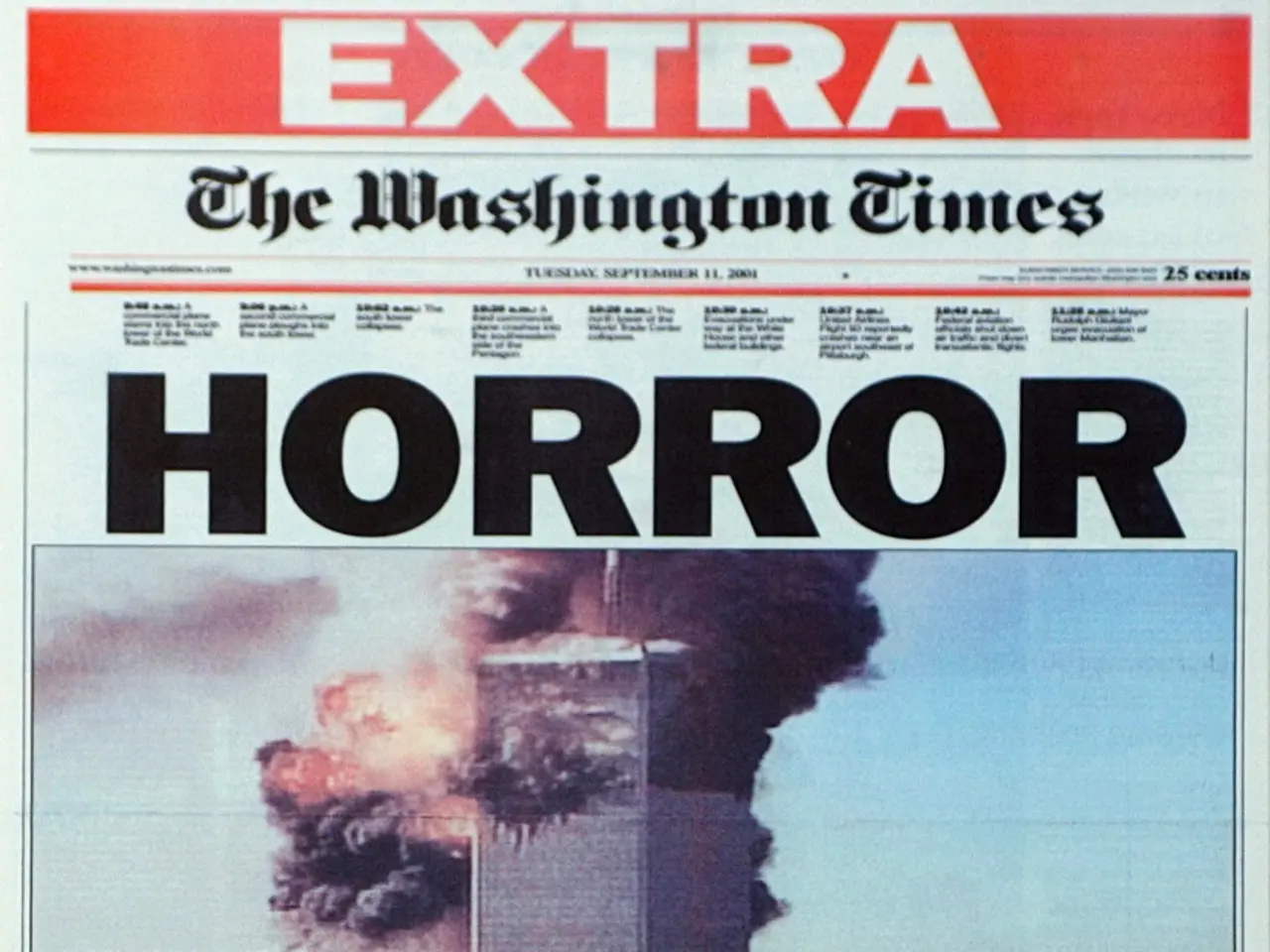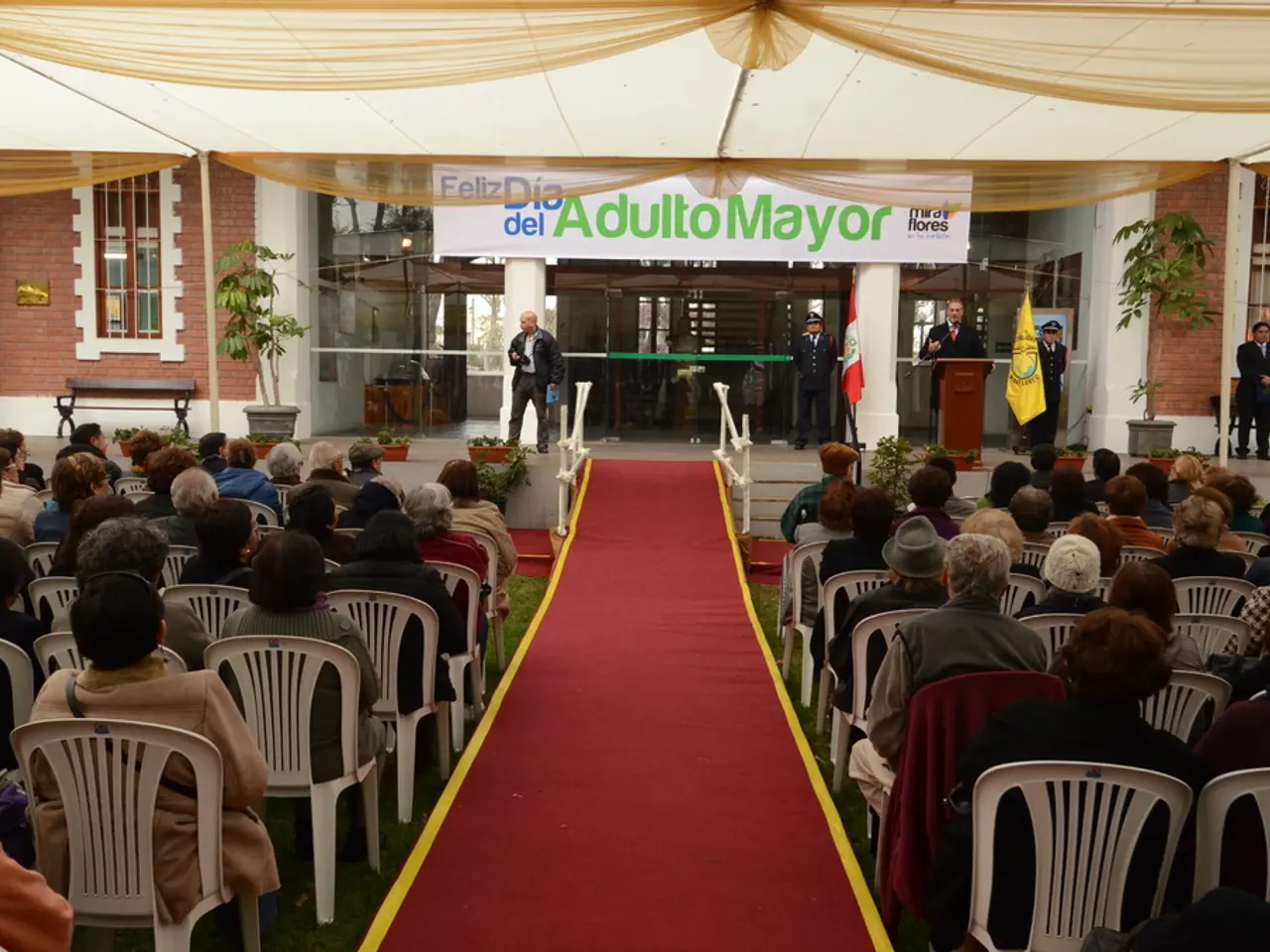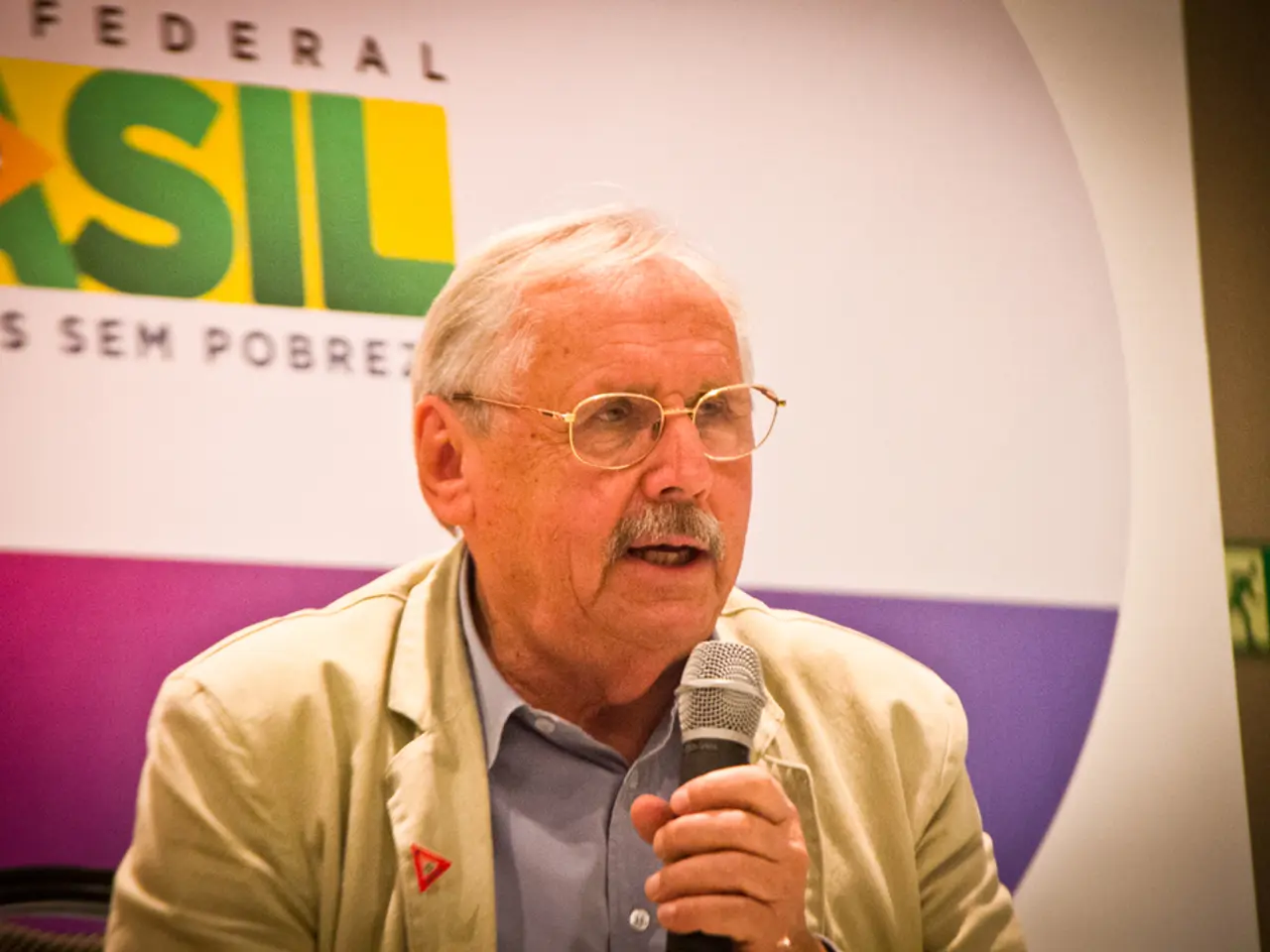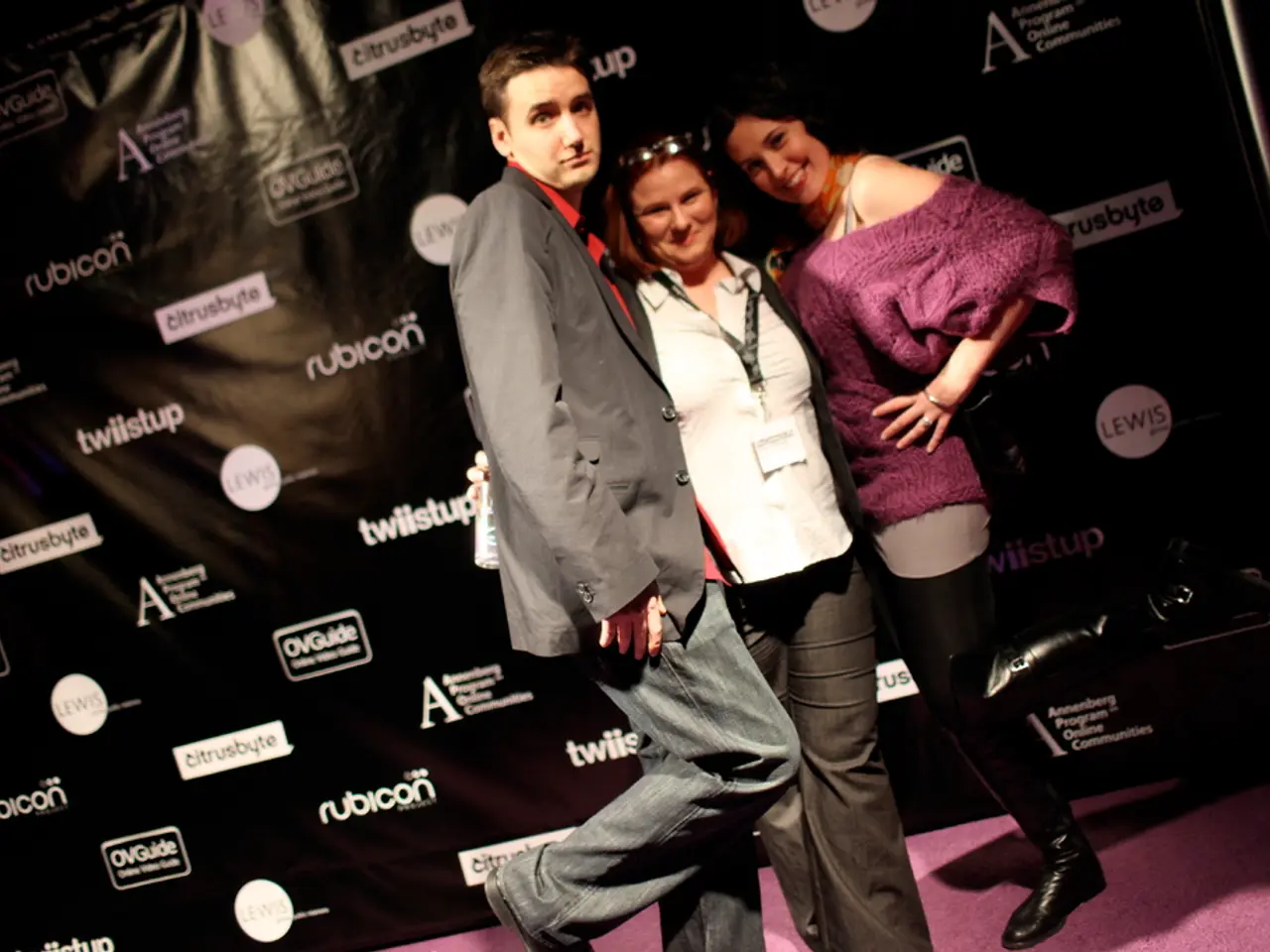Alliance of North Atlantic Countries Serving as an Extension of U.S. Influence
At the recent NATO summit, the power struggle between the USA and the rest of the alliance was undeniably evident. The narrative of the event, as encapsulated by NATO Secretary-General Mark Rutte's letter to US President Donald Trump, showcases an alliance far from equal—one where the US stands tall and the others follow suit. Rutte's public SMS to Trump, overflowing with praise for Trump's "extraordinary" actions, illuminates this power imbalance.
In this exchange, Rutte congratulated Trump on the bombing of Iran's nuclear facilities—an action diametrically opposed to international law, according to established principles. Yet, Rutte remained silent on these legal matters, instead applauding the US Air Force's daring actions. The alliance's subservient stance on international law and the UN Charter becomes starkly clear. Similar statements from the German Chancellor and representatives of NATO countries, as well as the EU, further solidify this point before the summit.
Following the summit, NATO presented its members with a new goal: to spend 5% of their GDP on defense and related infrastructure in the future. In his letter to Trump, Rutte announced this objective as a "success," attributing it to Trump’s efforts in driving the other nations to sign on.
Critics, such as the co-chair of the Left faction in the Bundestag, Cyrus Salimi-Asl, view this tactic as a groveling chef forcing a waiter to foot the bill. The EU’s expenditures on defense and military-related projects would significantly increase, serving the interests of US corporations.
The balance of democracy at the NATO summit was questionable, as national budgets are usually decided by parliaments. However, the plans for increased military spending remain uncertain, as it is yet to be seen if these goals are achievable.
Opposition to NATO's goals in Germany predominantly surfaces from the Left, the BSW, and the AfD. The AfD, while critical of the debt, has no issue with militarization. Leaders of the Left argue against these plans, calling them "irresponsible." The summit decision, in their view, reflects not a realistic assessment of needs but the pressure exerted by Donald Trump.
In terms of military support for Ukraine, the NATO summit made only vague statements in line with Trump's stance. In contrast, statements from the EU summit on Thursday reaffirmed its unwavering support of Ukraine, pledging to cover any military aid gaps left by the US.
The EU also discussed the 18th sanctions package against Russia. However, Slovakian Prime Minister Peter Fico announced a veto due to the package's proposed complete exit from gas supply contracts with Russia starting January 1, 2028. Unlike Hungarian Prime Minister Viktor Orbán, Fico plans to support other EU projects while agreeing to the EU's goals of further supporting Ukraine.
Fico fears legal repercussions, as the EU Commission aims to terminate Slovakia's valid supply contract with Gazprom under the guise of "force majeure." Ending Russian gas supplies would cause harm to Slovakia more than Russia, according to Fico. Shortages and skyrocketing prices may occur due to a lack of direct access to liquid gas terminals, and the EU’s proposed acceleration of the transition to renewable energy sources is, in his view, "purely an ideological idea."
In summary, the US continues to dominate NATO as the primary military power and financial contributor, setting the agenda and pace for defense spending and strategic priorities. Rutte’s actions and words, as well as the silence from other allies, exemplify this power imbalance. The push for unity in meeting new defense spending goals persists, but the achievability of these plans remains uncertain. The EU and Slovakia have expressed concerns about the financial and legal implications of these new demands, demonstrating a glimpse of resistance against increasing US influence within NATO.
- The NATO summit's focus on defense spending, with the goal of members reaching 5% of GDP, reveals a significant aspect of war-and-conflicts policy-and-legislation, as it is driven by the US, shape-shifting the political dynamics within the alliance.
- The EU's objections to the new defense spending goals, such as Slovakia's veto of the 18th sanctions package against Russia, indicate a growing politics of resistance in the face of US influence, signaling a potential shift in the general news narrative surrounding NATO's power structure.








